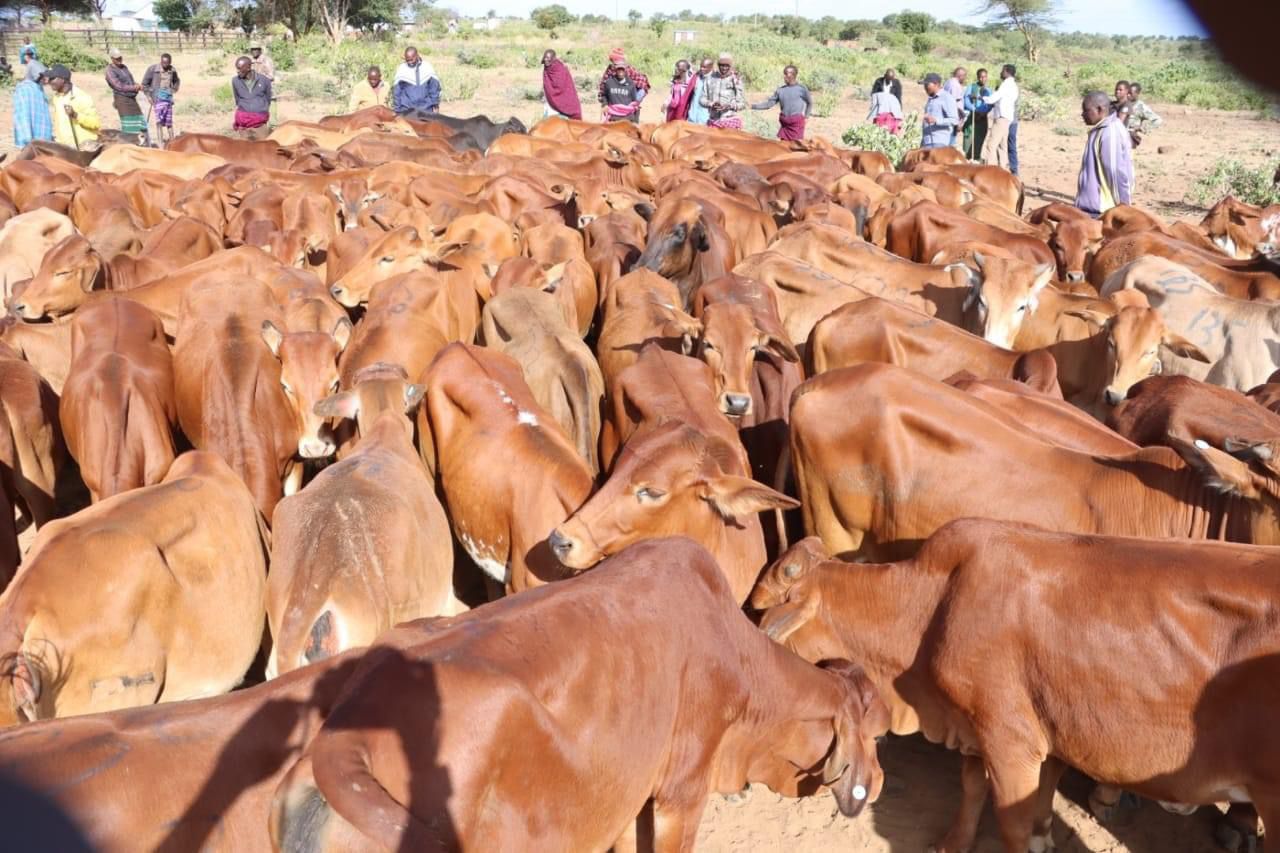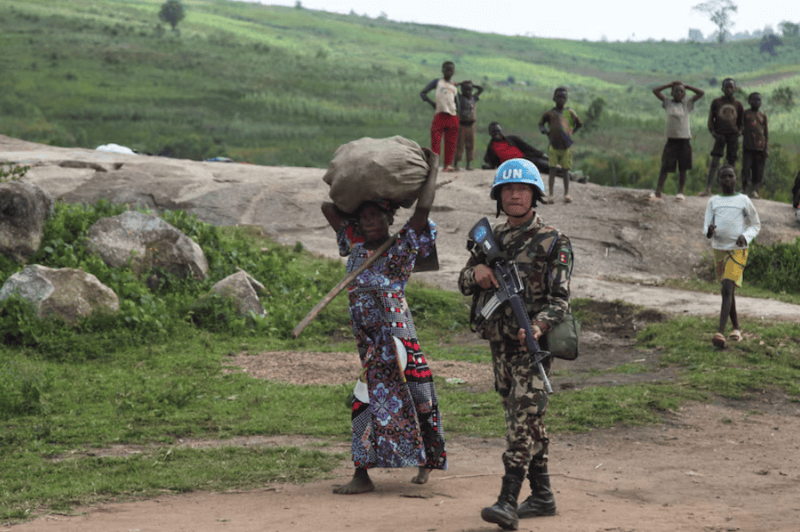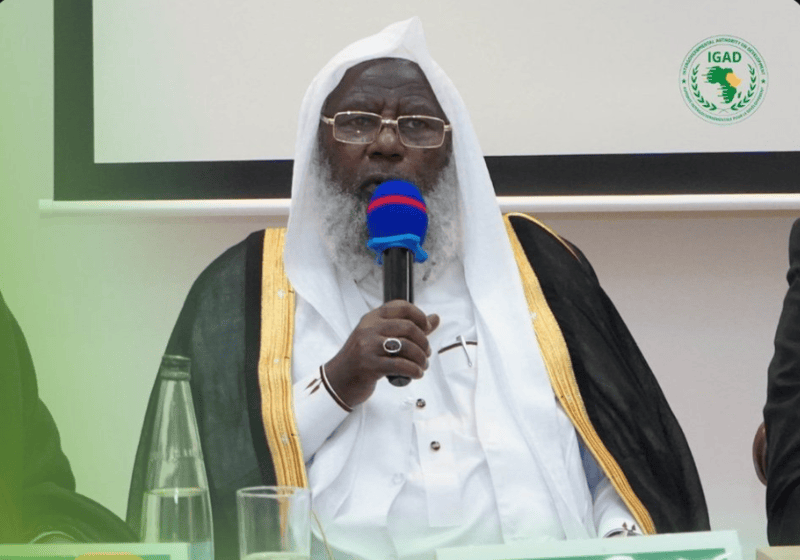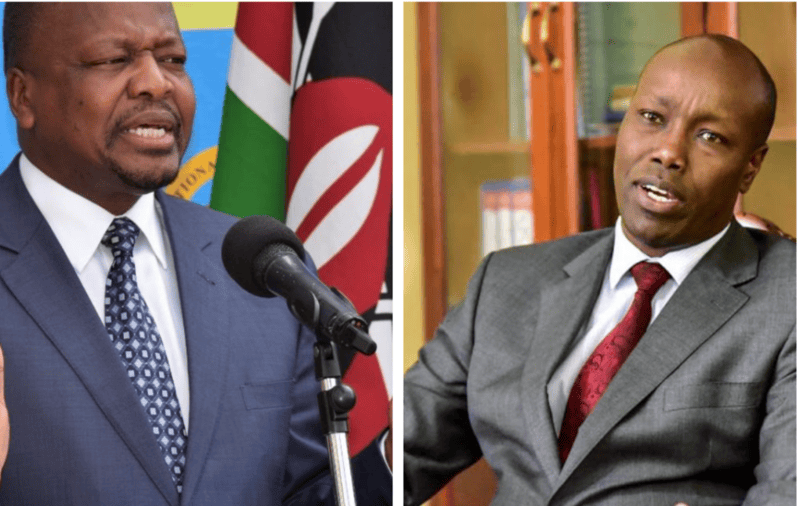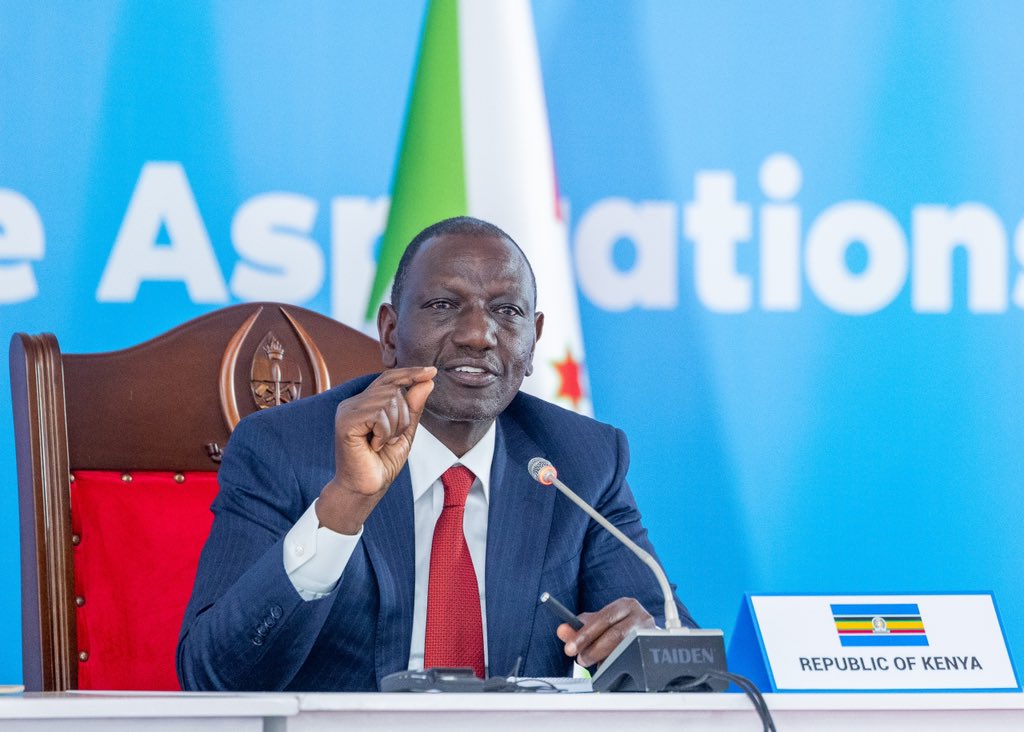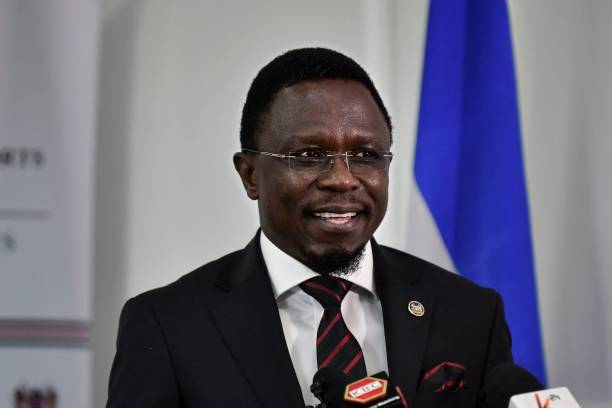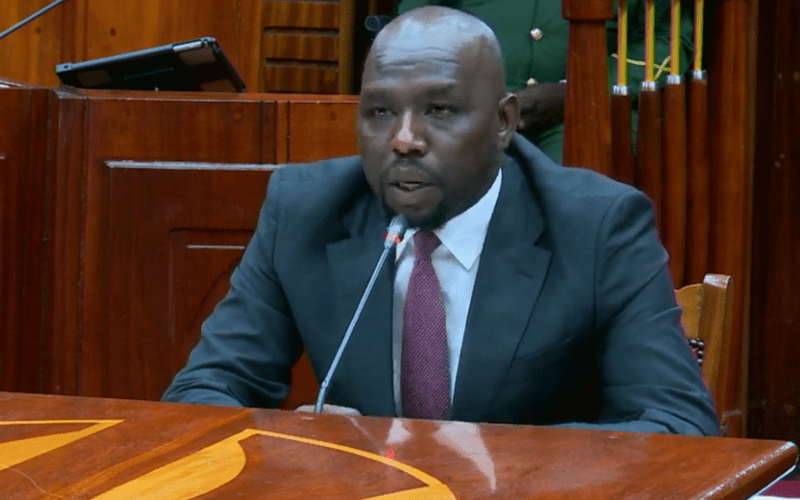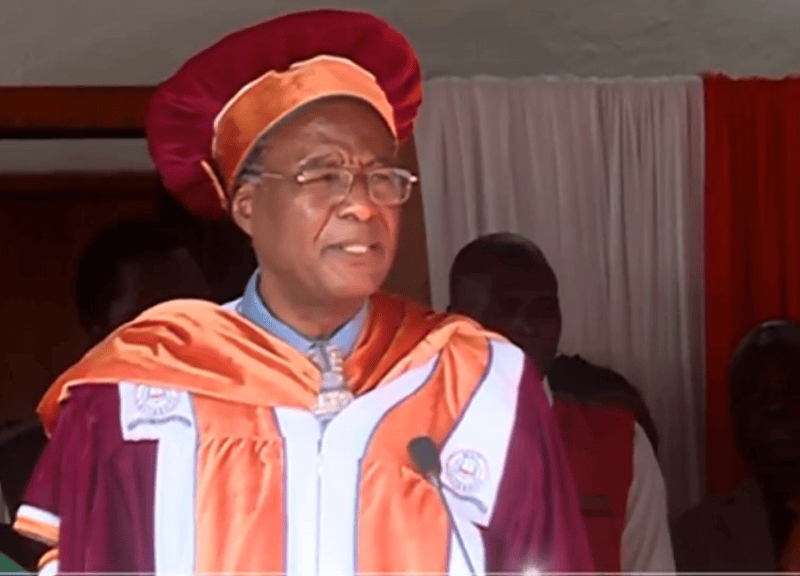Pastoralist leaders raise alarm over 1.9 million children out of school in nomadic communities
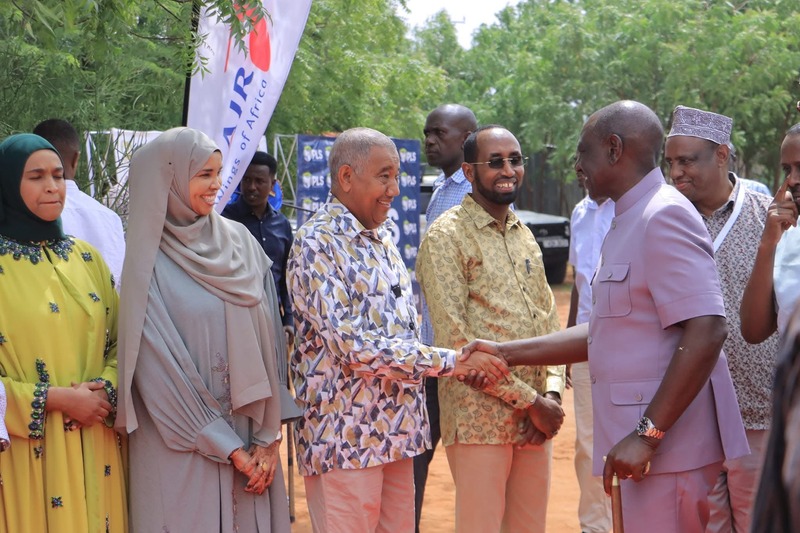
By Issa Hussein |
The leaders pointed out that 1.9 million children in 15 pastoralist counties were not attending school, noting the urgent need for solutions
Pastoralist leaders have expressed concern over the 1.9 million children out of school due to the nomadic lifestyle prevalent in their communities.
The leaders called on President William Ruto to strengthen the National Council for Nomadic Education in Kenya (NACONEK) to fulfil its mandate of supporting education in Arid and Semi-Arid Lands (ASAL) regions.
Keep reading
- Human Rights group criticises Ruto's Cabinet picks over gender and regional imbalances
- Speaker Wetang'ula directs MPs to vet Ruto's nominees by February 2025
- CAF President Motsepe praises Kenya’s CHAN 2024 preparations
- I’m independent-minded, Kindiki says as he tells off critics calling him Ruto's ‘yes man’
Ali Rasso Dida, Saku MP and patron of the Pastoralist Parliamentary Group (PPG), presented the resolutions made during the closing ceremony of a three-day Pastoralist Leadership Summit held in Wajir Town. He highlighted the significant challenges faced by the education sector in pastoralist counties due to the nomadic way of life.
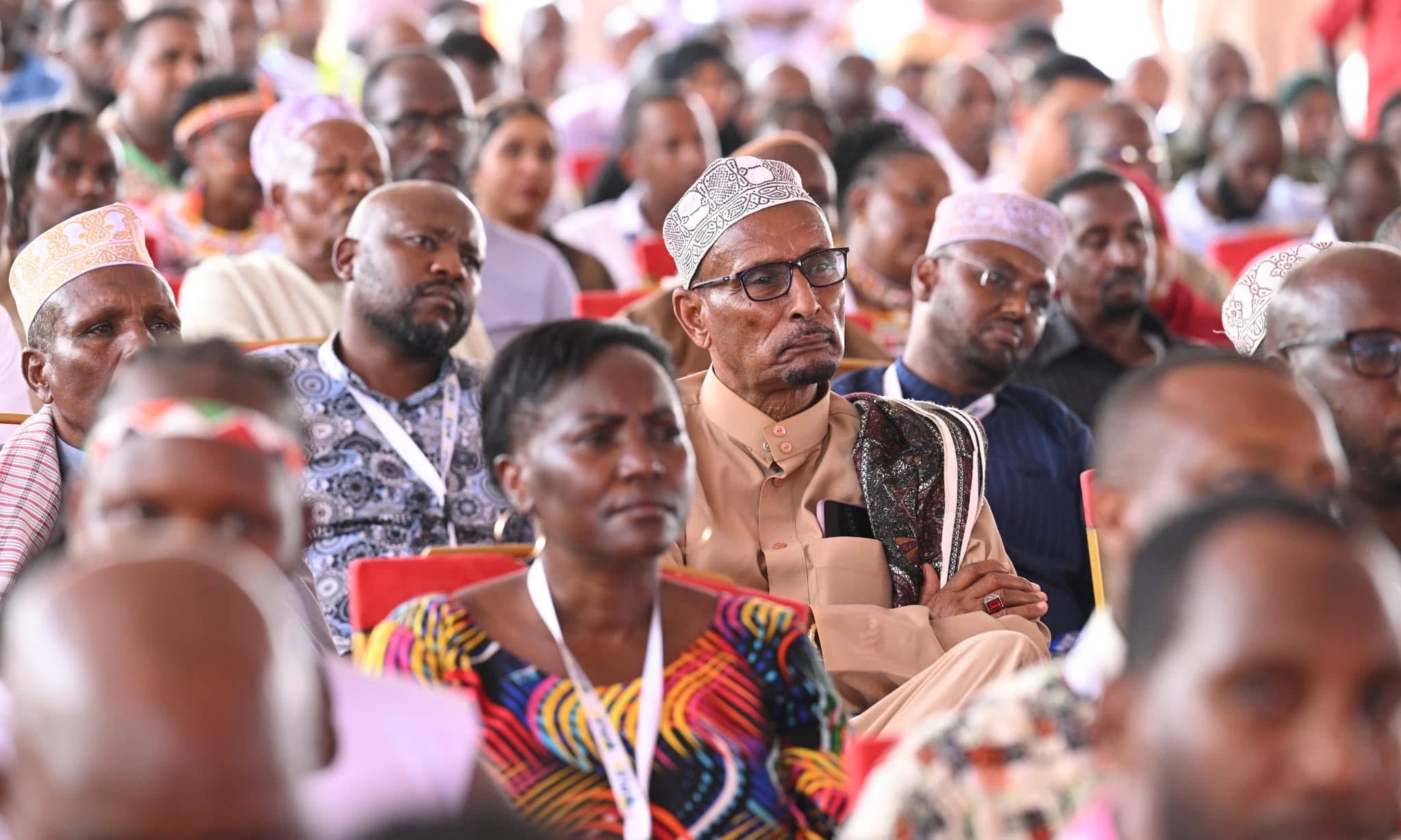 Participants during the closing ceremony of a three-day Pastoralist Leadership Summit held in Wajir Town. (Issa Hussein)
Participants during the closing ceremony of a three-day Pastoralist Leadership Summit held in Wajir Town. (Issa Hussein)
He pointed out that 1.9 million children in 15 pastoralist counties were not attending school, noting the urgent need for solutions.
“To increase retention of nomadic children in school, we need more boarding schools to prevent situations where parents move their children away from schools as they migrate in search of water and pasture,” he explained.
He also called for increased allocation of resources to school feeding programmes and the empowerment of NACONEK. Established in 2015 under Section 94(1) and the Sixth Schedule of the Basic Education Act of 2013, NACONEK’s original mandate includes addressing educational challenges in ASAL regions.
Farah Maalim, Dadaab MP and a member of the PPG, described the 1.9 million out-of-school pastoralist children as a “time bomb” requiring immediate attention.
“This is not a small issue that can be ignored. We call for the implementation of the Presidential Working Group’s recommendations to empower NACONEK to achieve its mandate,” he said.
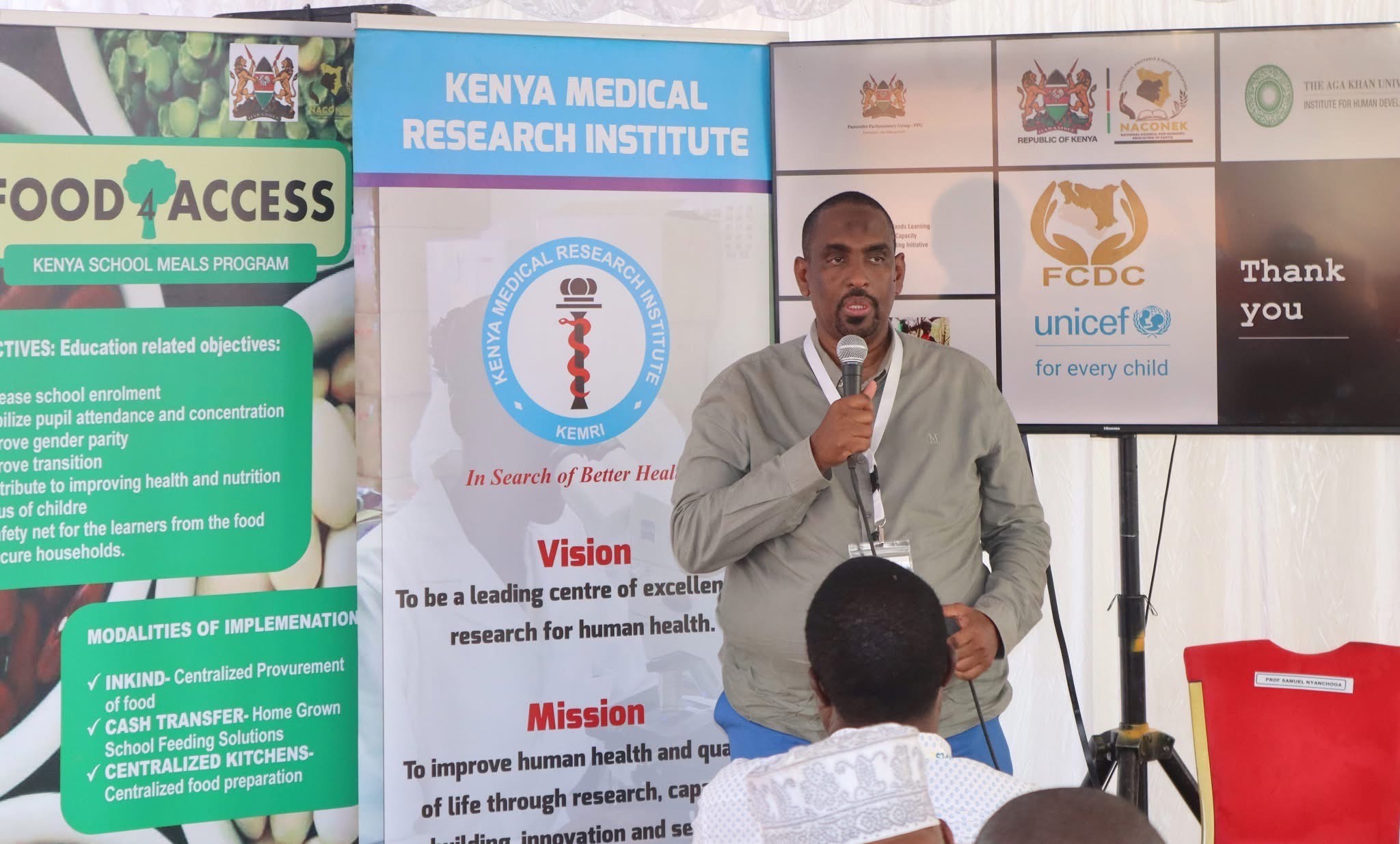 NACONEK CEO Harun Yussuf addressing the 4th Pastoralist Leadership Summit on Monday. (Issa Hussein)
NACONEK CEO Harun Yussuf addressing the 4th Pastoralist Leadership Summit on Monday. (Issa Hussein)
Maalim supported proposals to construct more boarding schools in ASAL regions and enhance school feeding programmes to improve enrolment rates. He also highlighted the need for NACONEK’s programmes to integrate Islamic Duksi education with formal education to address low enrolment levels in some parts of the region.
The MP further urged the government to address the increased cases of drug trafficking from neighbouring Ethiopia and Somalia, which he attributed to high dropout rates in the region.
“Our region is flooded with drugs from neighbouring countries. We urge the security agencies in this region to remain committed to addressing drug trafficking,” he said.
On Monday, NACONEK CEO Harun Yussuf joined a panel discussion featuring representatives from Aga Khan University, the Frontier County Development Council (FCDC), and KEMRI. During a plenary session titled "Improving Human Capital and Basic Services in Pastoralist Areas," Harun outlined the pressing challenges and opportunities for education in pastoralist communities.
Citing Ministry of Education data, Harun reiterated the figure of 1.9 million out-of-school children in pastoralist regions. He advocated for initiatives such as integrating the Duksi and Madrasa systems with formal education, implementing low-cost boarding, and expanding school feeding programmes to boost enrolment.
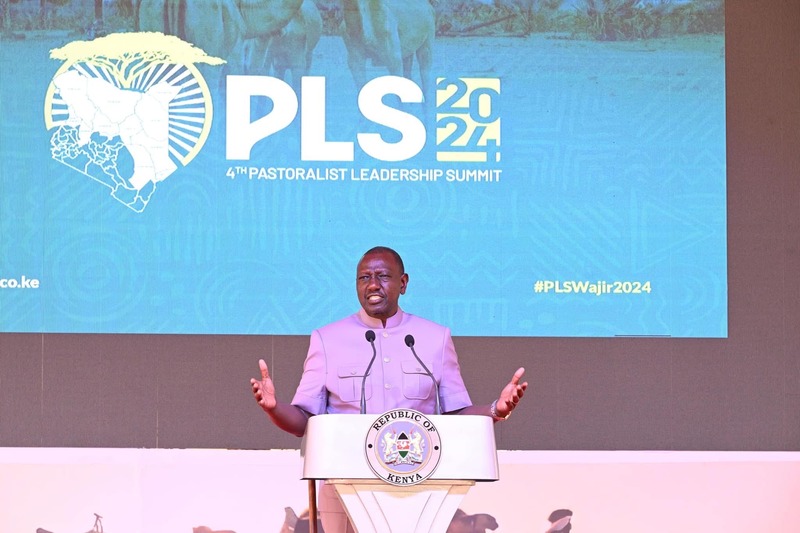 President William Ruto addressing the summit. (Issa Hussein)
President William Ruto addressing the summit. (Issa Hussein)
President William Ruto, addressing the summit, challenged pastoralist leaders to encourage high school leavers to enrol in teacher training colleges. He announced that the government would introduce affirmative action to train more local teachers from pastoralist regions.
The President acknowledged that a shortage of teachers, exacerbated by insecurity in some areas, was a significant barrier to education in these regions. He assured the leaders that resolutions from the summit would inform government policies, projects, and programmes to support development in ASAL regions.
Reader comments
Follow Us and Stay Connected!
We'd love for you to join our community and stay updated with our latest stories and updates. Follow us on our social media channels and be part of the conversation!
Let's stay connected and keep the dialogue going!

